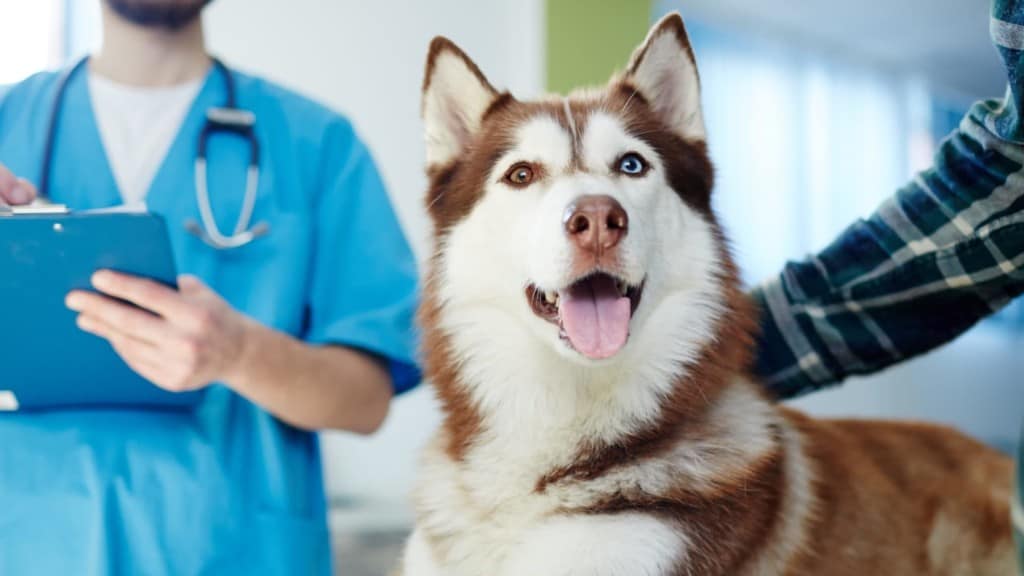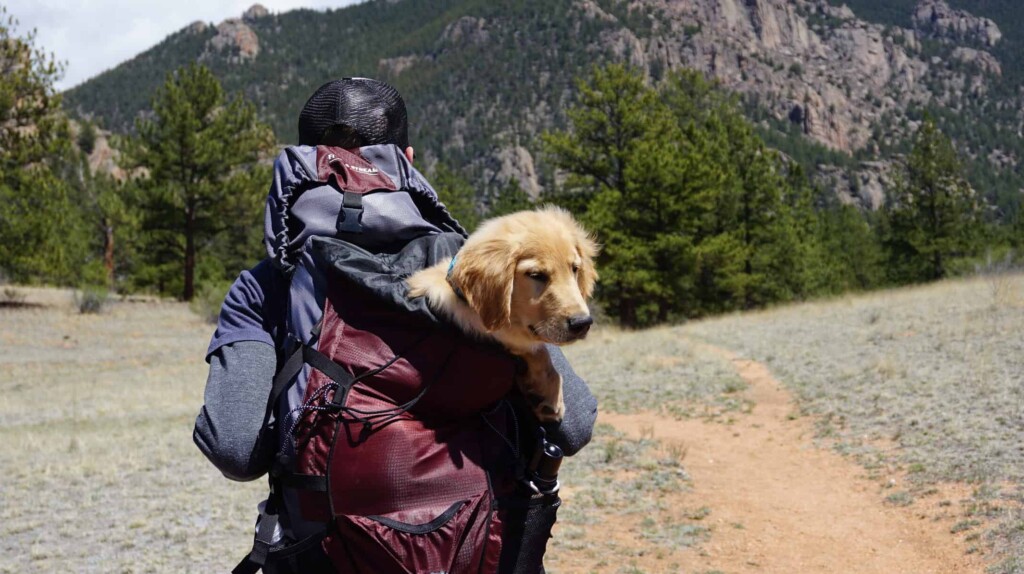A simple online search can aid in locating emergency hospitals as well as veterinary universities which have teaching hospitals open 24 hours a day with veterinarians and veterinary students on staff. If your dog has specific medical needs, you should locate hospitals and call ahead to discuss potential medical outcomes that may arise during your trip and if they are equipped to accommodate you and your animal in these situations.
Discuss your dog’s needs with your primary veterinarian so you are prepared and understand your pet’s current medical condition. If possible, carry a copy of your dog’s medical records with you and email or fax a copy to the closest veterinary hospital you’ve located. This record should include vaccinations, lab work, diagnostic imaging and doctors’ notes as well as any other information your veterinarian deems important.
Keep in mind preventative medicine before travel is of the utmost importance. Vaccinations, vector-borne disease prevention and other preventative care measures vary greatly from area to area. Discuss your area of travel with your veterinarian before departing to better understand what may be necessary to keep your dog safe. Remember, travel requirements are beginning to change drastically, particularly for those traveling with their dog by airplane.
It is important to understand what your airline, or other regulatory agencies you might encounter on your trip, require for your dog to travel without issue to your destination. It is essential you and your veterinarian feel your dog is healthy enough to travel and enjoy whatever excursions you have planned for both you and your furry friend. Make sure your dog has been examined recently and has a clean bill of health. Ensuring your dog is as healthy as possible before travel might save you a trip to the emergency room on the road!







